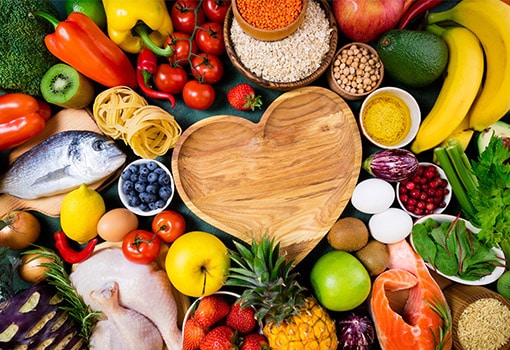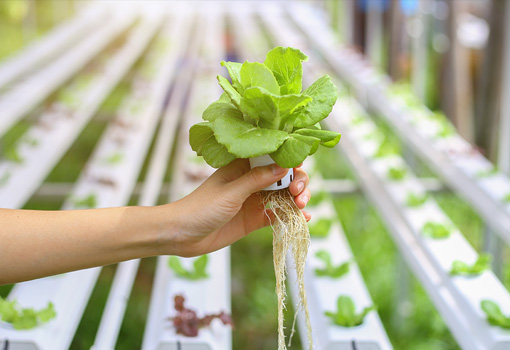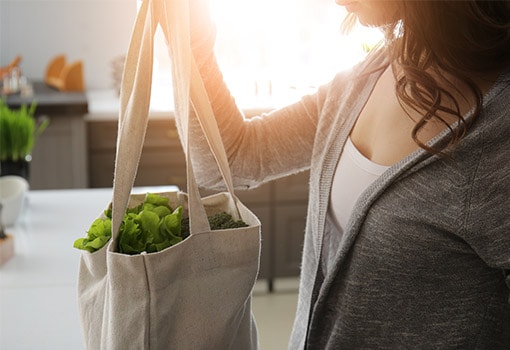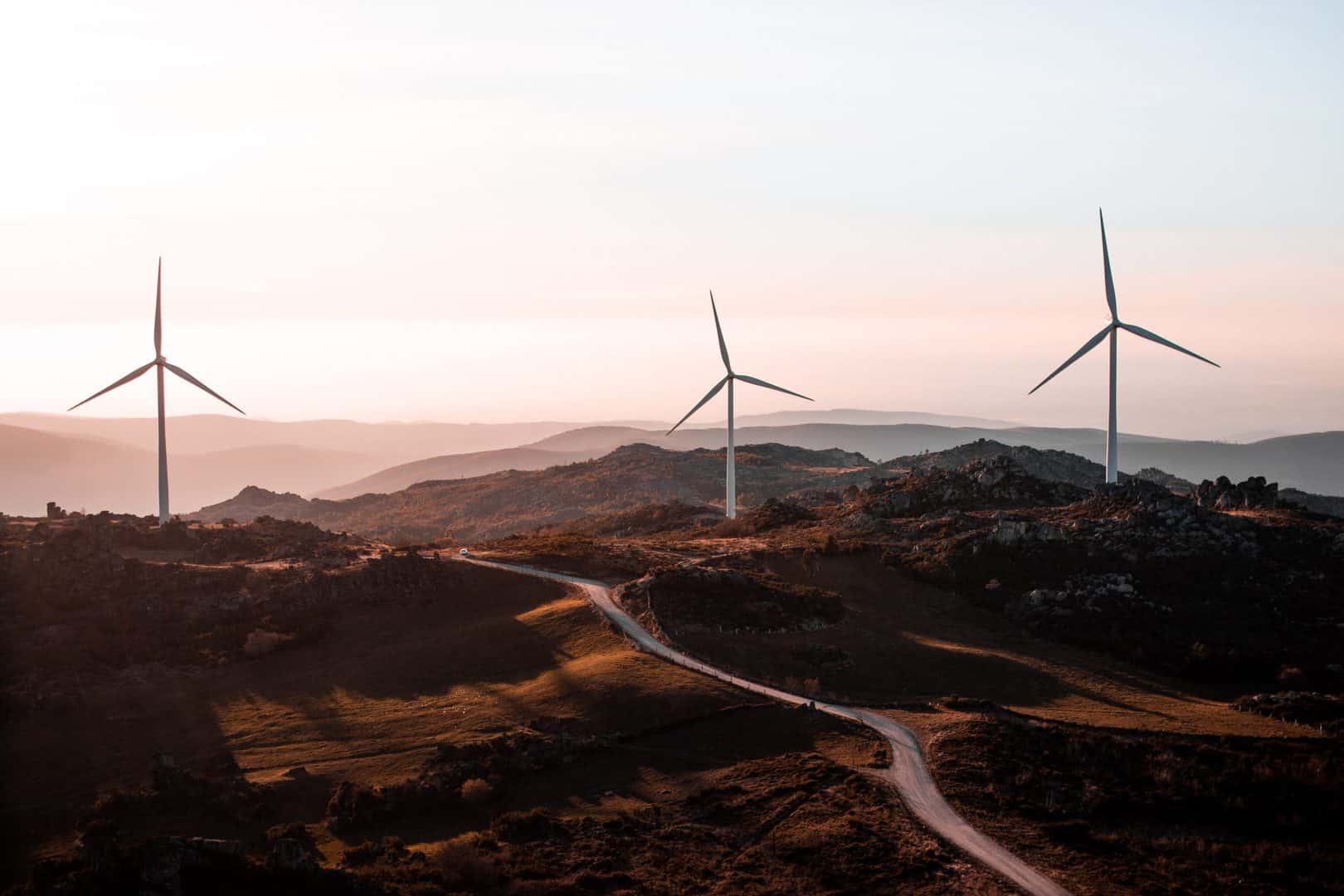A zero waste lifestyle is one in which you strive to reduce, reuse, repurpose and recycle as much as possible to avoid creating trash that goes to landfills. If you’re not used to it, it may be difficult to do because it involves breaking old habits and making little changes to your daily life.
achieving zero waste is tough in tough times
Zero waste can be a challenge to achieve even at the best of times, let alone uniquely stressful periods like a natural disaster or the pandemic days we’re living now. At times like these, safety is paramount. For example, necessary safety measures mean we won’t be able to avoid using single-use plastics as much as we typically would. Many coffee shops aren’t refilling reusable mugs, temporarily switching to single-use cups.
And, these days more people are ordering more takeout food, or getting groceries and supplies delivered via contactless transactions. Packaging is a must, even more so now to avoid hand-to-hand contact, and it adds up.
So, yes, zero waste is challenging right now! But that doesn’t mean it’s impossible.
some reusables are still doable
Reusable grocery bags are a zero waste staple, and many stores won’t allow you to use yours. Some cities that previously banned plastic bags are temporarily lifting the ban. But, some stores do allow you to have the cashier put your groceries back in the cart after checking out. Then you can step aside and pack your own bag.
Buying disposable face masks? Try transitioning to cloth ones, or even make your own. Just wash them regularly and reuse.
If ordering takeout, turn down plastic utensils offered to you. Use your own and wash.
avoid accumulating more stuff at home
Being at home all day can make it harder to find entertainment. That’s where the library (and its digital resources) is your friend. You can borrow ebooks, e-audiobooks, and even stream movies — all without spending any money. Even better, it’s virtual so you’re not touching a book someone else has handled or adding more clutter. Try to avoid the temptation to buy up tons of stuff; focus on things you truly value and will get a lot of use out of.
And we don’t wish it happened this way, but quarantining has one positive effect. Much fewer people are commuting to work, so the level of carbon emissions has reduced. Let’s hope that when life gets back to the new normal, we can remember some of the lessons we learned. Stay safe out there.













